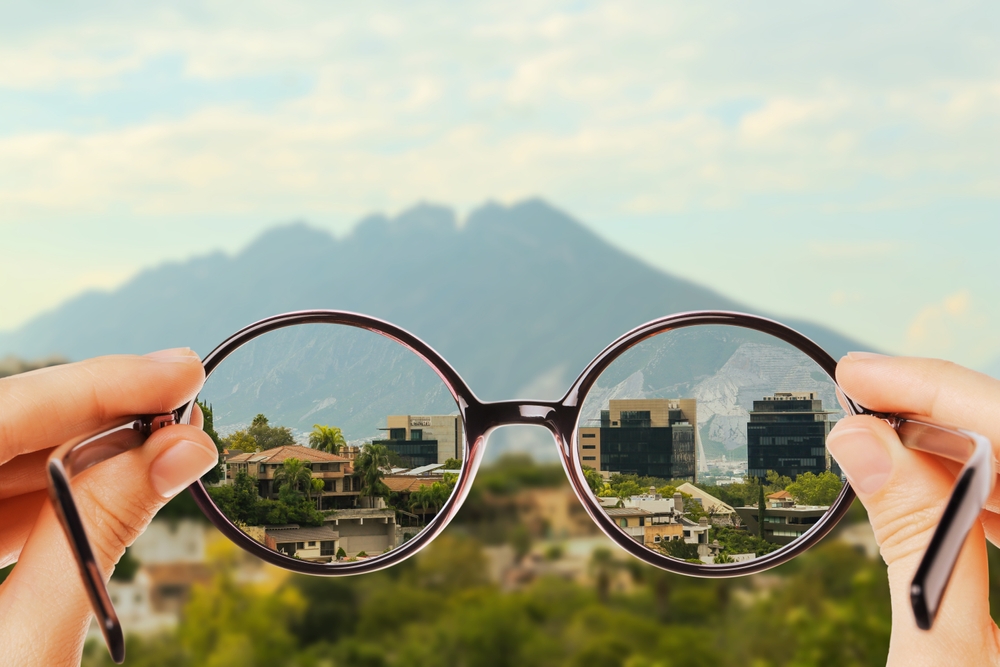
Do your eyes ever feel tired after staring at a screen all day? Maybe things far away are starting to look blurry. You are not alone. With so much time spent on phones, computers, and tablets, many people are dealing with the same issue. It can feel frustrating and a little worrying. But there are ways to protect your eyes and keep them healthy.
What Is Myopia?
Myopia, or nearsightedness, means seeing things up close but distant objects appear blurry. It happens when the cornea is too curved or the eye is too long, causing light to focus in front of the retina.
Myopia is becoming more common, especially among kids and teens who use screens for school, games, and socializing. Understanding what causes it can help you take steps to slow it down.
How Screen Time Affects Your Eyes
Screens demand constant close-up focus. This strains the eyes. Over time, it can lead to digital eye strain or worsen myopia. Symptoms include blurry vision, dry eyes, and headaches. Long hours in front of screens mean less time spent outdoors, which research shows is vital for eye health.
Blue light from screens might not directly cause damage but can disrupt sleep. Poor sleep affects overall health, including the eyes. Taking breaks and limiting screen use help reduce these effects.
Simple Tips to Protect Your Eyes
Protecting your eyes does not have to be complicated. The 20-20-20 rule is a great place to start. Take a quick break every 20 minutes to look at something 20 feet away for about 20 seconds. This gives your eyes a much-needed break.
Adjust your screen settings. Increase the font size, lower the brightness, and reduce glare. These changes make it easier on your eyes.
Blink more often. Screens make you blink less, which causes dry eyes. Consciously blinking helps keep your eyes moist.
Get outside! Natural light is good for your eyes and can help slow down myopia. Even a quick walk outdoors can make a difference.
Helping Kids Manage Screen Time
Kids’ eyes are still growing, so it is best to manage their screen time. Make sure they take regular breaks and spend time playing outside. Set screen time limits that work for your family’s routine. Ensure their screens are at eye level and at least an arm’s length away.
Schedule regular eye exams. An eye doctor can detect changes early and recommend the right treatments or lifestyle adjustments. Glasses or special lenses can help if needed.
When to See an Eye Doctor
If blurry vision, headaches, or eye strain persist, it is time to see an eye doctor. They can check for myopia and other issues. Early detection is key to managing and slowing down progression. Regular checkups help catch problems before they get worse.
Treatments like glasses, contact lenses, or special myopia control lenses can make a big difference. Some treatments, like orthokeratology, involve wearing special lenses at night to reshape the cornea. Your doctor will help find the best option for you or your child.
Screens are part of modern life. You cannot avoid them altogether, but you can take steps to protect your eyes. Simple changes make a big difference. Follow the tips above, spend more time outdoors, and keep up with eye exams.
Your eyes work hard every day. Taking care of them ensures they stay healthy for years to come.
For more on myopia, visit Boozer Eye Care at our Cullman, Alabama, office. Call (256) 739-4000 to schedule an appointment today.








